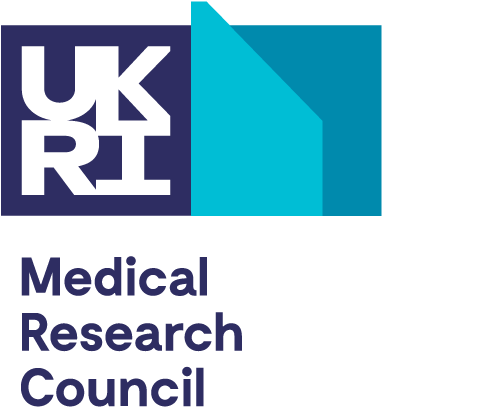This page is for MRC institutes (and in particular for those responsible for sponsor sign-off in MRC institutes).
If you are a researcher, you will find information on sponsorship in understanding health research.
Sponsorship in MRC institutes
Researchers in your MRC institute may ask you to ‘sponsor’ their research if it involves people as participants, their tissues, or data.
The role and responsibilities of a sponsor are defined in both the UK policy framework for health and social care research and the UK clinical trials regulations. You can find further guidance on the role of sponsor in a clinical trial of an investigational medicinal product (CTIMP), in the Clinical Trials Toolkit. It is the role of the sponsor to ensure that proper arrangements are in place to initiate, manage and report on a study.
The following pages contain details of MRC’s sponsorship policy for MRC institutes:
- MRC policy on the UK policy framework for health and social care research
- Clinical research governance (for sponsorship of CTIMPs).
Co-sponsorship or joint sponsorship
Due to the collaborative nature of research, it may be appropriate for an MRC institute to co-sponsor or jointly sponsor a study in partnership with other research organisations. In these situations, the roles and responsibilities of each party should be clearly documented, usually within a legal agreement.
Research Ethics Committee review
One of the sponsor’s responsibilities is to ensure that the appropriate approvals are in place before research can begin.
All studies involving people as participants should undergo a research ethics committee (REC) review, and many research studies (for example those involving human tissue or identifiable data) may require review by an NHS REC. If this is relevant for you, there is also information on this page about the Integrated Research Application System.
You can find more information on REC review in ethical approval (this page was written for researchers, but you may find some information there useful).
There are some very limited exceptions when ethical approval may not be required for research. For example, when non-identifiable human tissue samples will be used for research, within the terms of consent, and in an MRC institute with an HTA licence. You can learn more about human tissue law in Using human samples in research.
There are other approvals or permissions that your researchers may need before their research can begin, as well as other regulatory requirements that you, or others in your organisation, will have a key role in helping them meet. Exactly what they will need will depend on their research and what it will involve.
We provide further guidance on:
- using data about people in research, which links to further resources such as our retention framework for research data and records
- using human samples in research
- developing healthcare products like medical devices, diagnostics, software, artificial intelligence, clinical trials of medicines and advanced therapies (such as gene or cell therapies)
Please visit developing healthcare products if any of your researchers are developing apps or other technologies with a medical purpose. These may be medical devices.
The Integrated Research Application System
Researchers use the Integrated Research Application System (IRAS) to apply for NHS REC approval as well as some of the other approvals or permissions that they may need. If you are responsible for sponsor sign off on an NHS REC application, then you will also need to use IRAS.
The IRAS online guide helps explain how to use IRAS. Those responsible for sponsor sign off may find the providing authorisation section helpful.
If you are new to IRAS then the new users information is useful.
Indemnity for MRC institutes
If you are sponsoring health research, then one of your responsibilities is to ensure that appropriate insurance or indemnity arrangements are in place to cover any liabilities which may arise in relation to the design, management and conduct of the research. These arrangements should be detailed in a legal agreement to ensure that all parties involved are aware of their responsibilities.
The Indemnity Statement outlines the indemnity arrangements when UKRI acts as sponsor, and indemnity will not be provided.
Researchers may be asked to provide this Indemnity statement as part of an NHS REC application.
Multi-centre research
Indemnity should not cover the responsibilities of other research organisations. If UKRI is a sponsor but the research is taking place at sites outside the MRC institute, for example in the NHS or a university, then appropriate insurance or indemnity arrangements should be in place at those sites.
In these situations, insurance or indemnity responsibilities are likely to be split and need to be agreed on a study-by-study basis within a legal agreement.
Still have a question?
If you have a specific question about sponsorship or the regulation of health research which we haven’t answered here, please get in touch.
Email: rsc@mrc.ukri.org
Last updated: 23 January 2025


